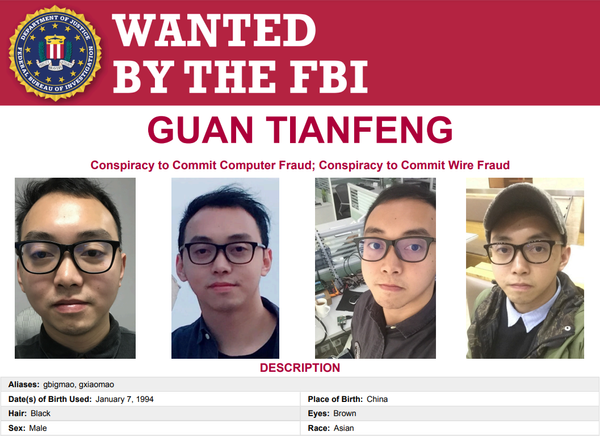Nigeria Has Detained Binance Cryptocrime Investigator, Another Executive

Jury finds cryptomixing service founder guilty, White House urges UnitedHealth to make more funding available for healthcare providers affected by ransomware attack, Patch Tuesday updates released, LockBit operator sentenced to four years in Canada, GAO raps CISA for OT shortcomings, much more




